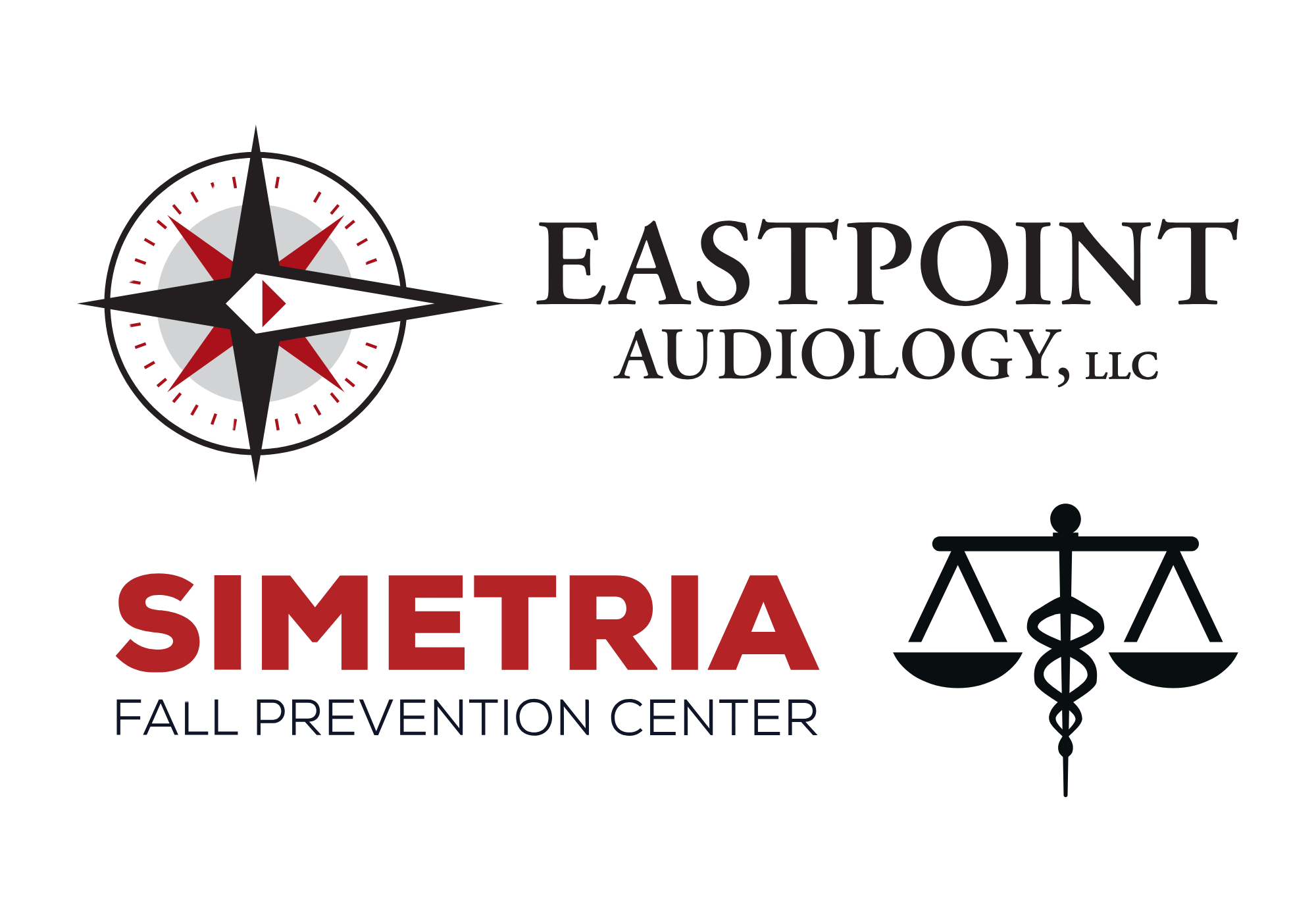It’s normal to want to learn about the side effects of a medication when you start taking it. Can it trigger digestive problems? Will it cause dry mouth? Cause insomnia? There might also be a more serious potential side effect that you may not think of – hearing loss. Many different drugs are known to cause this condition which medical professionals call ototoxicity.
Exactly how many medications are there that can lead to this problem? The answer is not clear, but there are lots that are recognized to cause ototoxic symptoms. So, which ones should you pay attention to and why?
What to know about ototoxicity
How is it possible for your hearing to be affected by medication? There are three distinct places certain drugs can harm your hearing:
- The stria vascularis: The stria vascularis is the portion of the cochlea that produces fluid called endolymph. Too much or too little endolymph has a substantial impact on both balance and hearing.
- The cochlea: That’s the seashell-shaped component of the inner ear that receives sound and translates it into an electrical signal that the brain can comprehend. When the cochlea is compromised, you will start to lose some frequencies of sound, particularly in the high-frequency range.
- The vestibule of the ear: The cochlea is like a labyrinth, and sitting right in the middle is the vestibule of the ear. Its primary function is to regulate balance. Vestibulotoxicity drugs can cause you to get dizzy or feel as if the room is spinning.
Do different drugs have different risk levels?
You might be surprised by the list of medications that can cause an ototoxic reaction. Ototoxic medications are rather common and most individuals have several of them in their medicine cabinets right now.
Topping the list of ototoxic medications are over-the-counter pain relievers such as:
- Naproxen
- Ibuprofen
You can add salicylates to the list, better known as aspirin. The hearing problems caused by these drugs are normally reversible when you quit using them.
Next on the list of common ototoxic drugs would be certain antibiotics. Some of these might be familiar:
- Streptomycin
- Kanamycin
- Tobramycin
Tinnitus can also be triggered by a number of common compounds
Hearing loss can be the result of some medications and others may trigger tinnitus. If you hear phantom sounds, that might be tinnitus and it typically shows up as:
- Popping
- Ringing
- Thumping
- A whooshing sound
Certain diuretics will also cause tinnitus, here are some of the main offenders:
- Caffeine
- Nicotine
- Marijuana
- Tonic water
Every single time you drink your coffee or black tea in the morning, you are subjecting your body to something that might make your ears ring. The good news is it should clear up after the chemical is out of your system. Ironically, some drugs doctors prescribe to treat tinnitus are also on the list of possible causes such as:
- Prednisone
- Amitriptyline
- Lidocaine
Normally, the tinnitus will clear when you stop taking the medication but always seek advice from your doctor, they will know what’s best for you.
There are very distinct symptoms with an ototoxic response
The signs or symptoms of tinnitus differ based on your ear health and which medication you get.
Here are a few things to check out for:
- Difficulty walking
- Vomiting
- Poor balance
- Hearing loss on one or both sides
- Tinnitus
- Blurred vision
Be certain that you ask your doctor about any side effects the medication they prescribed might have, including ototoxicity. Contact your doctor right away if you experience any tinnitus symptoms that may have been caused by an ototoxic response.
Also, give us a call today to schedule a hearing exam to establish a baseline of your hearing health.
Call Today to Set Up an Appointment
References
https://www.ncbi.nlm.nih.gov/pmc/articles/PMC7985331

